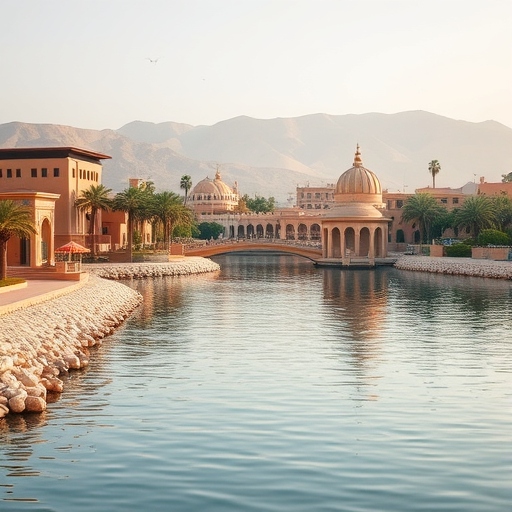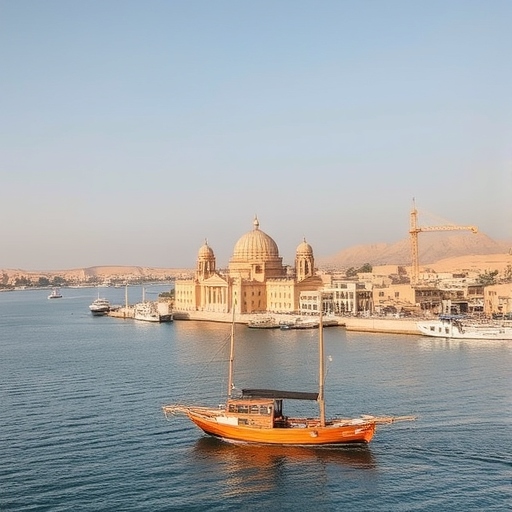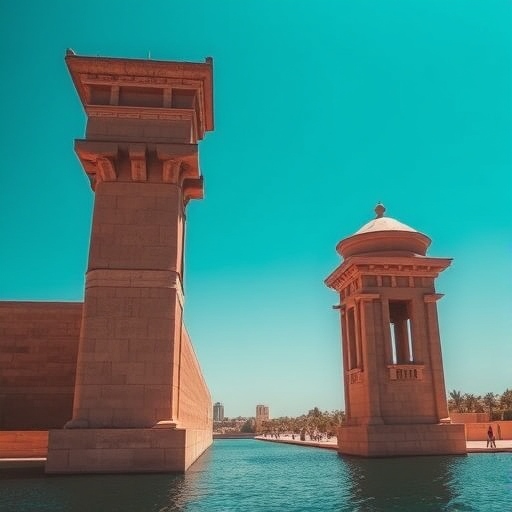My visit to Aswan was an unforgettable experience. This southern Egyptian city is a peaceful retreat, offering a unique blend of stunning landscapes, ancient history, and vibrant Nubian culture.
One of the highlights of my trip was the serene Philae Temple,

















